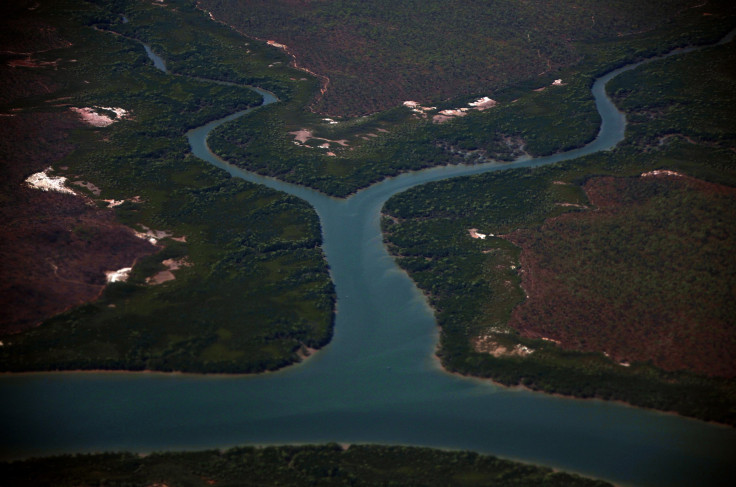Just like the Great Barrier Reef, Australia’s mangroves are dying too; Mangrove death may contribute to global warming

Scientists are extremely worried over the loss of mangroves in the Gulf of Carpentaria, possibly due to warmer ocean temperatures. For months, the mangrove trees are dying in that region. However, scientists came to know of the loss only recently as the mangrove trees are located in very remote areas of Queensland. Even though the scientists are unsure of what caused this loss, they are certain that the loss is unprecedented and extensive.
Although experts can only guess the mangrove deaths, according to Brisbane Times, Australian Mangrove and Saltmarsh Network spokesman and James Cook University professor Norm Duke has some prevailing theories. He said that a very hot and dry spell in northern Australia may be a cause.
He also thinks that the mangrove deaths may be coincident with the massive coral bleaching on the east coast as a result of warmer ocean temperatures. Just like the Great Barrier Reef, the mangroves have also turned ghostly white. Duke pointed out that mangrove trees can die in such numbers when there is a massive oil spill or cyclones or a tsunami. However, such things have not been reported.
Mangroves play a very important role in protecting shorelines from erosion. They stop sediments going offshore. Duke likes to think of mangroves as “coastal kidneys” as they clean the water flowing from land into sea. Corals and seagrass depend on the mangrove trees for clean water. The trees do the water filtering on the coast.
Mangroves also play a major role in the ecosystem where they act as massive reservoirs of carbon storage. They not only store the carbon within, they also trap carbon deep inside their extensive root network. The mangroves can store up to five times more carbon than normal forests. If they start dying in such massive numbers, they will release the carbon in the atmosphere, which will further contribute to global warming.
Duke has warned that dying of mangroves would signal the end of fisheries as barramundi and prawn fisheries are a big industry in the Gulf. If the mangroves keep dying, shorelines will erode, sediment will become mobilised and will redeposit elsewhere. Soon the entire ecosystem would be disrupted and smaller fish won’t have a safe habitat. This will result in the deterioration of the whole food cycle.





















